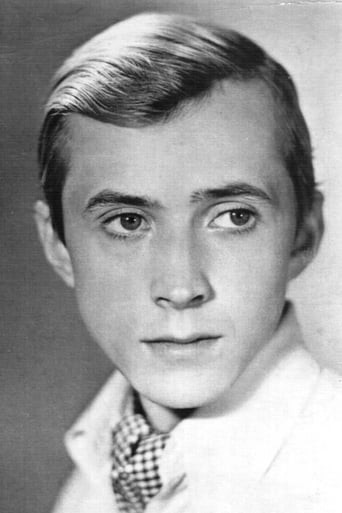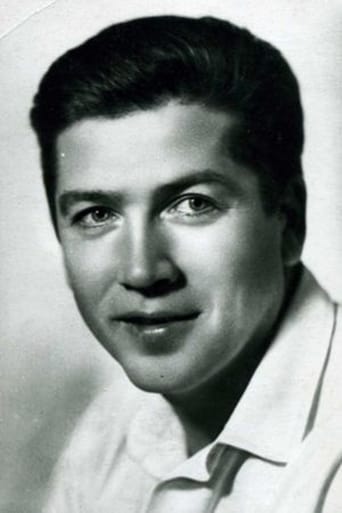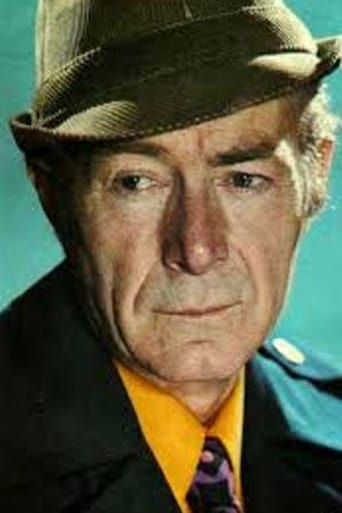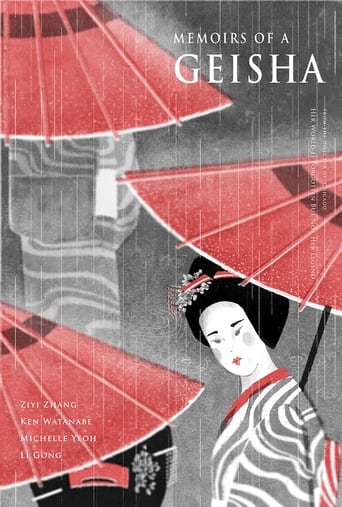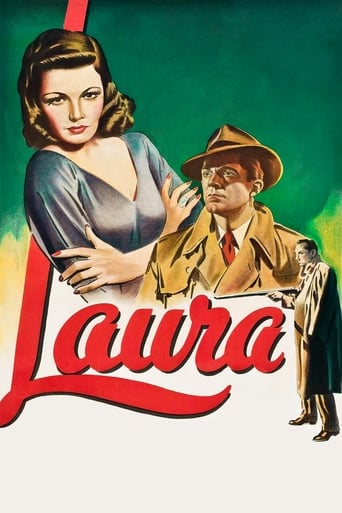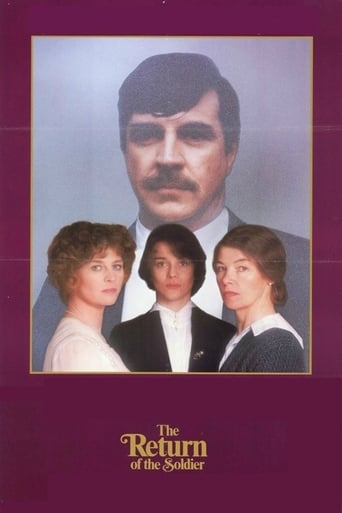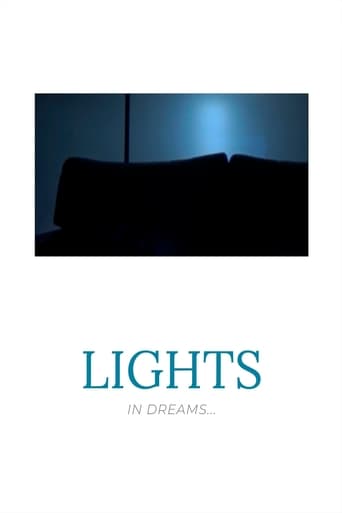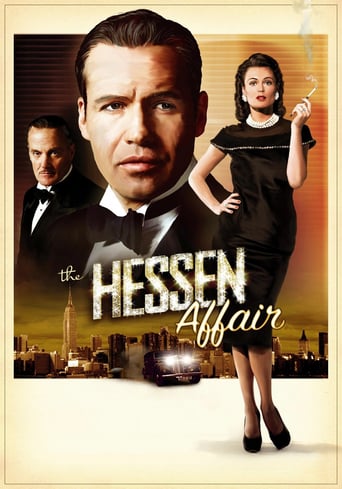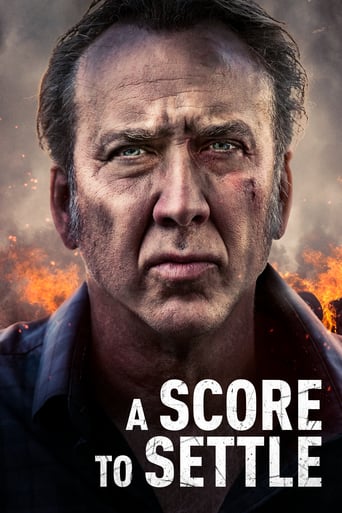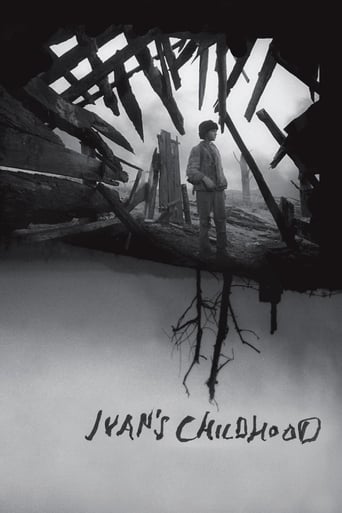
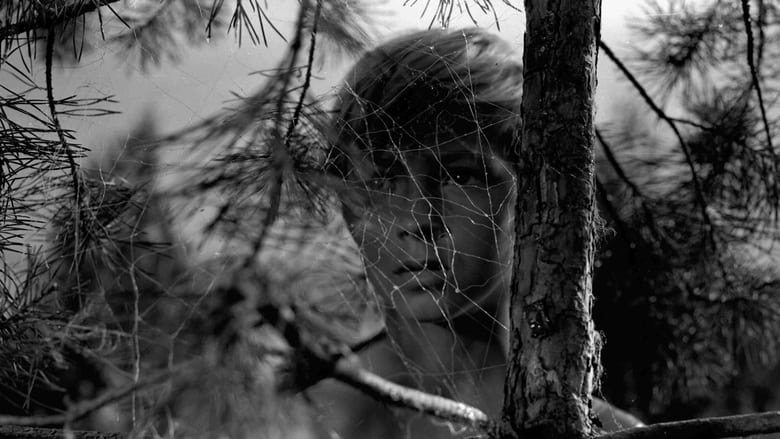
Ivan's Childhood (1962)
In WW2, twelve year old Soviet orphan Ivan Bondarev works for the Soviet army as a scout behind the German lines and strikes a friendship with three sympathetic Soviet officers.
Watch Trailer
Cast
Similar titles
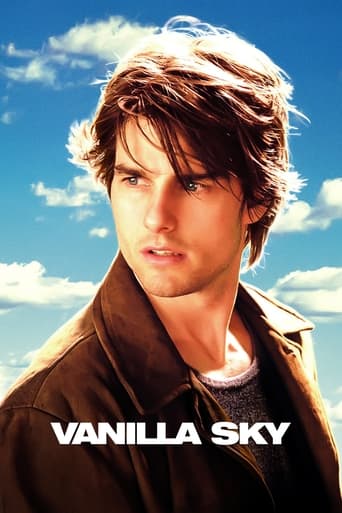
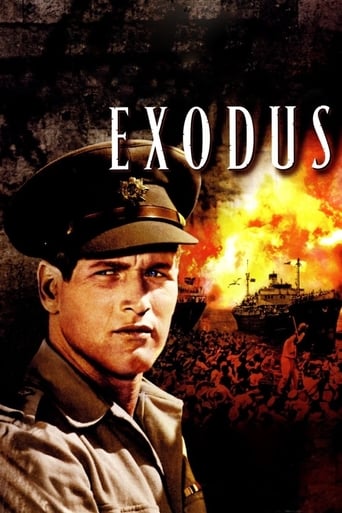
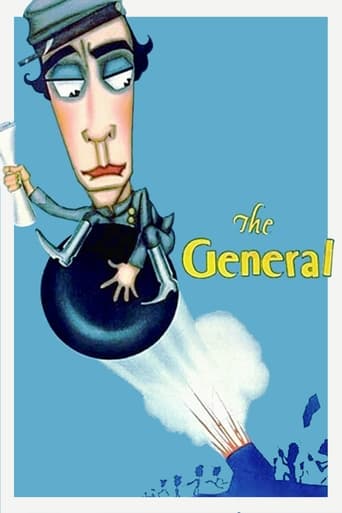
Reviews
the audience applauded
From my favorite movies..
Excellent, Without a doubt!!
Awesome Movie
The film portrays the stark contrast between the beauty of the countryside before WWII and the barren and scorched landscape after repeated battles and shelling. Bigger than that is the loss of innocence of a boy referred in script as about age 12. (the actor was age 14 at the time of filming)This movie shows the dark side of war with out the shock factor violence of many of the latest wwII flicks. This is what sets this 'artsy' film apart from others that resort to non stop action. In 'Ivan's Childhood', we see the destruction after it occurs and in contrast to a previous happy dream scene. This gives the dark aspect as much impact as violent scenes would, but perhaps with more time to pause and reflect on it. The trouble with action wwII movies is the latest film tries to top the previous film, until there is so much violence that we become either inoculated to it or numb. As a poetic film, about half of it is told with the film scenes, with only minimal dialogue. The nice part is aside from the main character, Ivan, there are only three other characters with a fair amount of lines. This allows the characters to be fully developed with the fewer dialogue intensive scenes.The poetic scenes in the movie portray certain feelings and sometimes leave room for interpretation to their exact meaning by the individual viewer. Though I found the film to be self explanatory after the 1st viewing.One example is a scene of Ivan and his sister riding in a wagon pulled by a horse. The background trees were shot in negative. Both siblings are at first smiling while eating apples in the rain. Then the camera focuses on Ivan's sister for a closeup. She is smiling but no longer eating an apple. The camera pans to the right which should in reality show the end of the wagon and then just the trees, but instead it pans to the same closeup of his sister. This time she is still happy, but not as much as before. The camera again pans to her right only to to do another quick closeup for the 3rd time. This time she looks slightly sad. The film next cuts to a scene where the wagon is tipped over. All the apples are spilled out along the roadside. It is no longer raining and there are several horses in scene. The closest horse is eating the apples on the ground.To me the scene above signifies a time before the war, when life was plentiful and abundant. His sisters changed mood and then the overturned apples seams to signify the loss of his sister. Perhaps also now a need to forage for food is implied by the overturned cart. Many of the scenes could stand alone without anything being added. The meaning of early scenes comes later as more of the mosaic gets filled in by later revelations in the movie.I think the thing to be aware of with a poetic film is they generally don't always appeal to a wide audience. This movie does not show a single shot being fired, nor a single battle of any kind. An upcoming battle is implied and shots are heard but not seen being fired. Quite a few flares land in the water. There are maybe 6 vehicles and 2 or 3 artillery pieces shown in the entire film. Its definately an atmosphere type film.
I read the plot synopsis, and thought - this will be a good Tarkovskij WWII movie! - remembering Andrei Rublev's Tartars attack scene.Then I watched it, and realised that I saw a movie about war without seeing war. There's a lot of the post-war destruction, that was very well shot as well, but no war action at all, if we don't consider the opening and near-the-ending sneaking around. The movie focuses of course on a child soldier, that is angry at Germans whom supposedly destroyed his family, and how he grows up, though his fate is tragic. This movie enlights on an aspect we don't really see of war in war movies, from a perspective and in a setting we don't really see often, and does it outstandingly.Yet I've put the lowest rating I gave to a Tarkovskij film. That's because it doesn't have that sort of thing other reviewers call "Poetry" Other Tarkovskij films have: even if I could enjoy this better than Nostalghia or Sacrifice, those film had much more messages to tell. But, still, I consider "outstanding" all the films I rate over 8.
My review (it's in Portuguese) Plot form Wikipedia: On the Eastern front during World War II, the Soviet army is fighting the invading German Wehrmacht. The film features a non-linear plot with frequent flashbacks.After a brief dream sequence, Ivan Bondarev (Nikolai Burlyayev), a 12- year-old Russian boy, wakes up and crosses a war-torn landscape to a swamp, then swims across a river. On the other side, he is seized by Russian soldiers and brought to the young Lieutenant Galtsev (Evgeny Zharikov), who interrogates him. The boy insists that he call "Number 51 at Headquarters" and report his presence. Galtsev is reluctant, but when he eventually makes the call, he is told by Lieutenant-Colonel Gryaznov (Nikolai Grinko) to give the boy pencil and paper to make his report, which will be given the highest priority, and to treat him well. Through a series of dream sequences and conversations between different characters, it is revealed that Ivan's mother and sister (and probably his father, a border guard) have been killed by German soldiers. He got away and joined a group of partisans. When the group was surrounded, they put him on a plane. After the escape, he was sent to a boarding school, but he ran away and joined an army unit under the command of Gryaznov.Burning for revenge, Ivan insists on fighting on the front line. Taking advantage of his small size, he is successful on reconnaissance missions. Gryaznov and the other soldiers grow fond of him and want to send him to a military school. They give up their idea when Ivan tries to run away and rejoin the partisans. He is determined to avenge the death of his family and others, such as those killed at the Maly Trostenets extermination camp (which he mentions that he has seen).A subplot involves Captain Kholin (Valentin Zubkov) and his aggressive advances towards a pretty army nurse, Masha (Valentina Malyavina), and Galtsev's own undeclared and unrequited feelings for her. Much of the film is set in a room where the officers await orders and talk, while Ivan awaits his next mission. On the walls are scratched the last messages of doomed prisoners of the Germans.Finally, Kholin and Galtsev ferry Ivan across the river late at night. He disappears through the swampy forest. The others return to the other shore after cutting down the bodies of two Soviet scouts hanged by the Germans.The final scenes of the film then switch to Berlin under Soviet occupation after the fall of the Third Reich. Captain Kholin has been killed in action. Galtsev finds a document showing that Ivan was caught and hanged by the Germans. As Galtsev enters the execution room, a final flashback of Ivan's childhood shows the young boy running across a beach after a little girl in happier times. The final image is of a dead tree on the beach.
'Ivan's Childhood' was the Russian master Andrei Tarkovsky's first feature film. Tarkovsky became a filmmaker during a period in Russian history called 'Khrushchev Thaw' in the last 1950s. This was a period after Stalin's death when government control and censorship imposed on the artistic works was extensively lessened. The films that were made during Stalin's reign were mostly propaganda films which mainly focused on glorifying Communism. They also glorified war to some extent by underlining how important it is to give up everything you have including your life for the sake of your nation in a war. But during 'Khrushchev Thaw' with the easing of restrictions, new filmmakers including Tarkovsky started rising who wanted to make different films with newer approaches to storytelling. A whole series of films started being made where instead of glorifying war, filmmakers started to question the logic of fighting and these films also brutally depicted the devastating effects that war can have on the lives of the common people. 'Ivan's Childhood' is an example of a film which questioned war and had a sympathetic view of the people devastated by war.Tarkovsky is a true auteur of cinema. He had his own distinctive style of filmmaking which involved complex characters and complex narratives which defied cinematic conventions. He was probably one of the biggest proponents of subjectivity in cinema. Although 'Ivan's Childhood' does have some of the complexities which became a bigger part of his subsequent films, 'Ivan's Childhood' can actually be called one of his more accessible films.The primary theme of this film is the loss of youth and innocence due to the devastating effects of war. Ivan epitomises the common people and the youth of Russia and the whole world effectively. The first scene shows the ideal life that a child should have. We see an innocent and sweet Ivan running around tress and on the grasses, watching butterflies in bright sunlight and spending time with his mother. But this scene begins with a shot of a spider web in front of Ivan's face which gives a 3d effect to make the screen look almost broken. This signifies that while this should be his life, but it isn't. The very concept of his ideal life and childhood is broken. Then he wakes up from his dream and we see the dark and disturbing reality of his life. The grass is burnt due to the fire caused by bombs and explosives, the trees are barren and look like skeletal remains. The whole atmosphere is engulfed by dark smoke and there is shot of the sun getting covered by dark clouds as 'young' Ivan floats on a boat and tries to escape from the Germans. Without any dialogue, Tarkovsky managed to establish the theme of the whole film with the juxtaposition of these two contrasting scenes. A similar style was used by David Lynch in 'Blue Velvet' to depict the dark and disturbing underbelly beneath the ideal American dream. Tarkovsky used it to show the contrast between the ideal life and the real life during wartime. The real Ivan no longer has the innocence of youth, those traits have been replaced by a rough and abrasive exterior. He is now someone who has no hope and no aspirations. The only motive that drives him is to avenge the death of his family at the hands of the Germans. So he remains adamant about wanting to keep fighting and working as a scout in the war instead of choosing military school where the military officials want him to go as they genuinely became fond of Ivan and wanted him to leave the war and lead a normal life. There is a beautiful scene where Ivan comes across an old man whose house has been burnt down in the war and whose wife has been killed. This scene affectionately shows how war affects both the young and the old. The irony is while Ivan speaks like a mature hard man throughout the film, this old man speaks like an innocent child. He said he is looking for a nail, when Ivan finds one, he said it's not the one he is looking for. This beautiful dialogue shows how the man and everyone is looking for the 'nail' which is a metaphor for life before war, but no matter how much you try, you can never go back to it. We also from time to time go back to the dreams of Ivan where he is with his mother and his sister during happy times. This constant shift between his pre-war life and his life during war helps to intensify the disturbing nature of the stark realities of his real life.'Ivan's Childhood' really is a visual film. Visuals are used to convey a lot without any verbal exposition. However I still think that Tarkovsky was in the process of mastering his skills as a filmmaker and this is not a perfect film. There are a few rough edges. Some of the scenes during the last 30 minutes of the film didn't completely work for me. He made better and more accomplished films subsequently. There is a scene where Ivan rehearses his mission which I think could have been better. But the film ends beautifully when we go back to where the film started. We go back to the ideal life for Ivan. This can also be seen as an alternate reality where war didn't take anything away from Ivan. He is playing with other kids and his sister in the beach. He keeps running on and extends his arm trying to reach something or someone. This is a beautiful way to end a film which shows people and a country trying to find a way back from the devastation of the war, but just can't.
